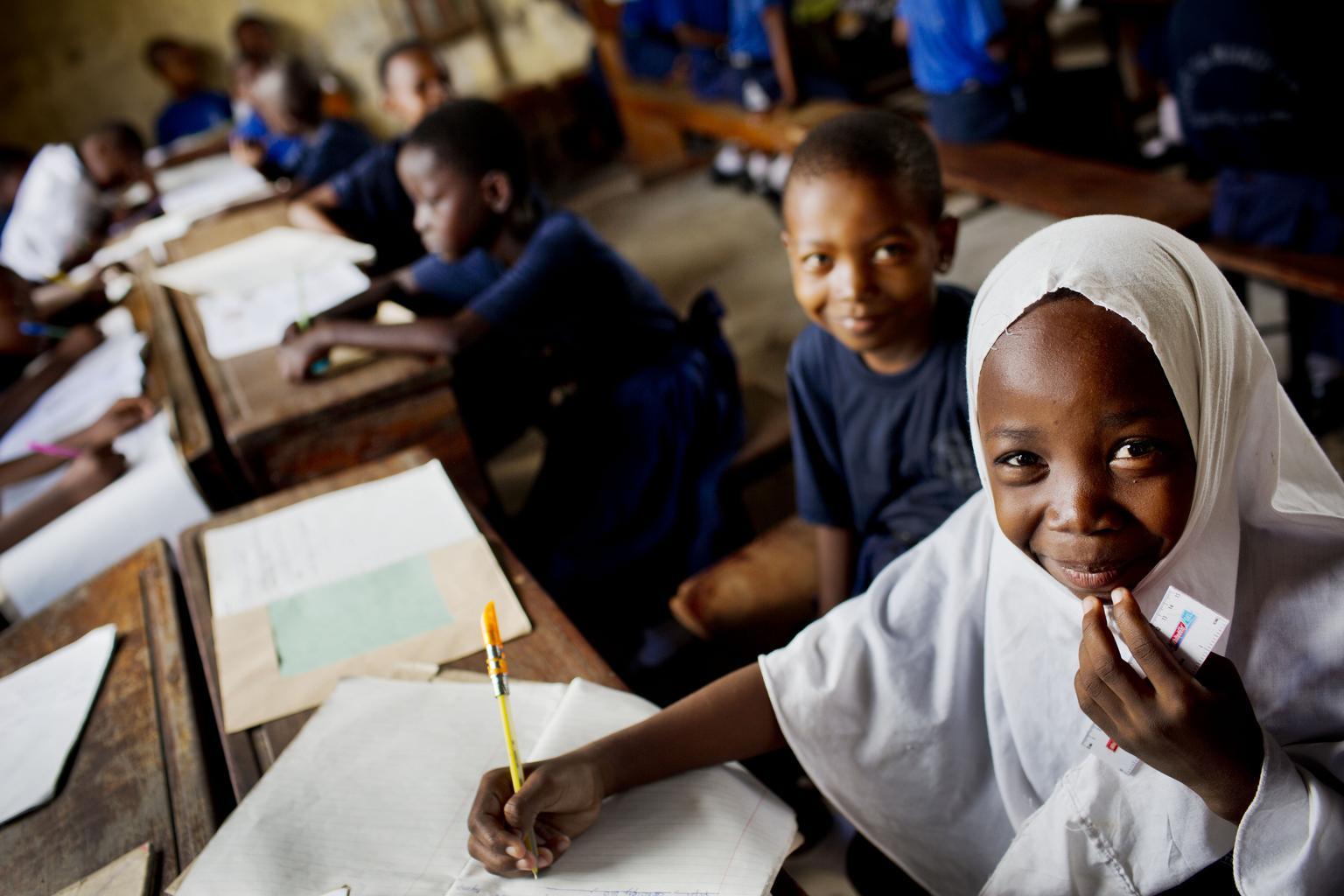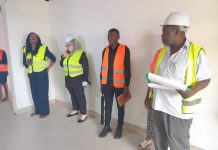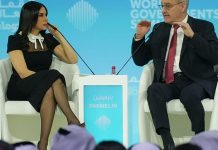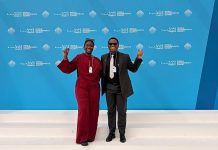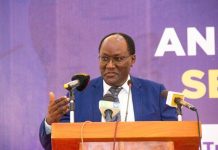AfricaPress-Tanzania: EDUCATION stakeholders have appealed to the government and the private sector to provide inclusive education in the country.
They said despite significant improvement in primary education, the provision of inclusive education lagged behind due to various setbacks.
Inclusive education involves an education setting whereby pupils and students from different backgrounds and with different disabilities learn together in an enabling environment.
The system is about ensuring access to quality education for all by effectively meeting their needs in a way that is responsive, accepting, respectful and supportive.
In their general opinion at a special forum organised by Action Aid at Buigiri Primary School in Chamwino District, the stakeholders said physically challenged pupils and students in many schools under the inclusive education programme were subjected to many obstacles.
They noted that a shortage of sign language teachers, lack of training facilities, stigmatisation and unfriendly infrastructure were among the stumbling-blocks to the pupils and students with special needs.
The forum, which attracted local government officers, teachers and pupils and students, was a crucial platform to deliberate on how best to address challenges facing the provision of inclusive education in Tanzania.
“Inclusive education plays a key role in increasing school enrolment and enabling each pupil and student to fully participate in the learning environment designed for all. But the implementation of a friendly education system in Tanzania required collective interventions,” said one of the participants.
Education Programme Manager for Action Aid Tanzania, Karoli Kadeghe said they had decided to organise the event as part of supporting the government to improve inclusive education in the country.
He said Action Aid Tanzania through financial help from Norwegian Agency for Development Cooperation (Norad) was implementing a 1.4bn/-project to improve the education system among primary and secondary schools in Singida and Dodoma regions.
Christened ‘Breaking Barriers, Tax Justice and Gender Responsive Public Services – Education’ the four-year ambitious project covered 34 primary schools and 6 secondary schools in the two regions.
Action Aid Tanzania Project Coordinator Joram Wimmo they would continue cooperating with the government to ensure professional improvement in the provision of inclusive education in Tanzania.
In 1994, Tanzania ratified the Salamanca Statement (Unesco, 1994) which emphasised a need to provide children with special needs basic education and sees this as an indispensable steps to reach the goals set at the first Education For All Conference in Jomtien 1990.
In 2009, a new framework for action to reach education for all millennium goals was made ready for new signatures at the World Education Forum in Dakar. The year 2015 was decided as a new target year to reach these goals (Unesco, 2000).
Tanzania is a signatory to Education For All (EFA) Documents, which are all important tools for achieving education for all children in Tanzania.


